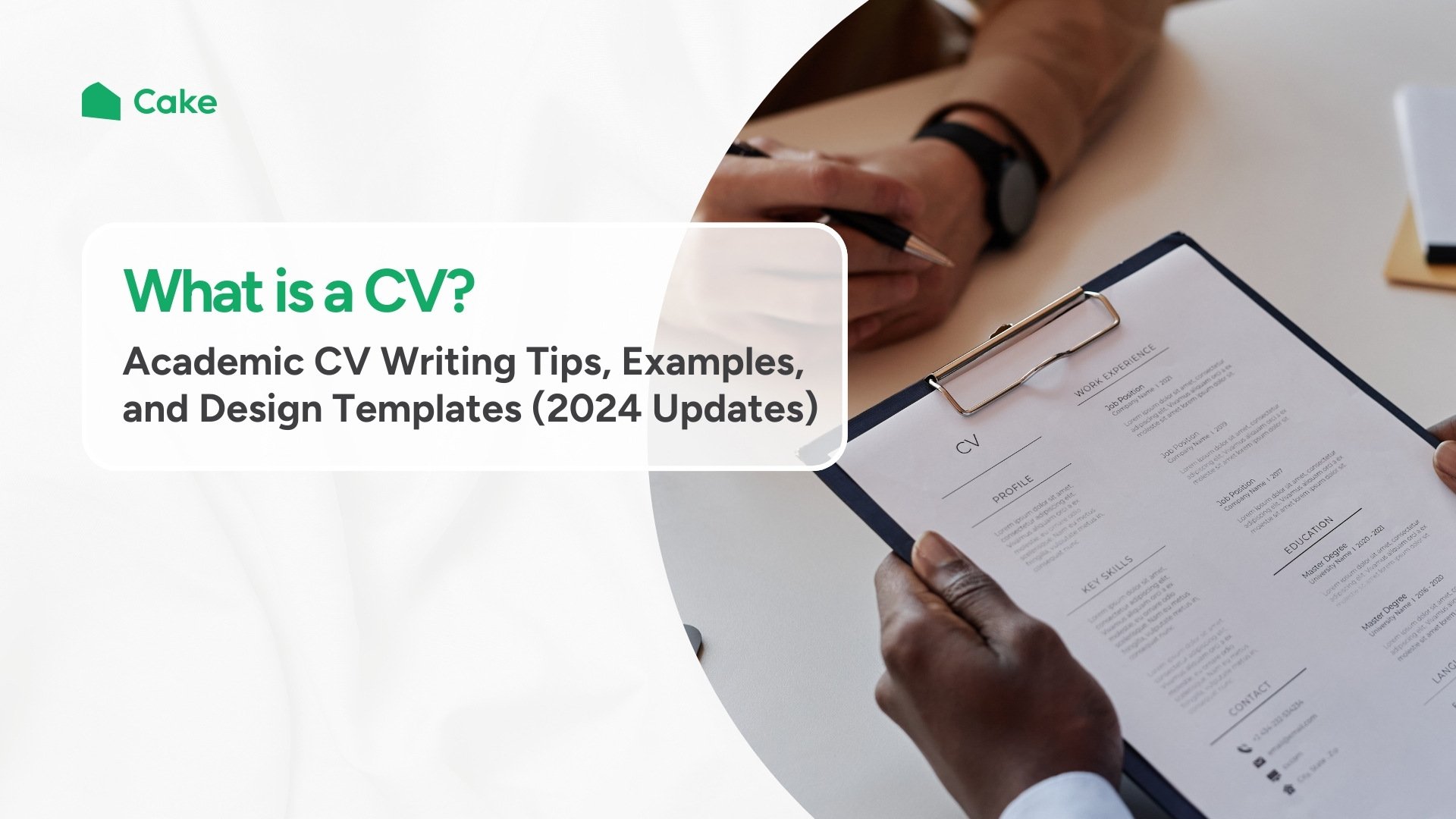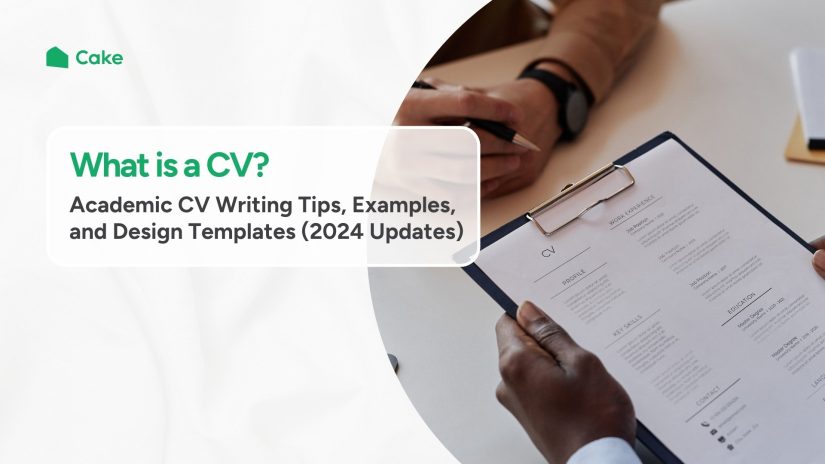
**Entering the Engineering Sector: Key Strategies to Secure Your Entry-Level Ideal Position**
Starting a career in engineering brings significant benefits, from attractive salaries to extensive growth potential. However, entering an industry as sought-after and competitive as engineering can pose difficulties, especially for those seeking entry-level positions. The positive aspect? With adequate preparation, strategic thinking, and the right attitude, you can improve your odds of obtaining an engineering job and kickstart your career.
This article provides a guide to obtaining your initial engineering role by concentrating on CV improvement, networking, skill development, and utilizing job search resources.
—
### **Refine Your CV: The Initial Step to Stand Out**
A well-crafted CV serves as your introduction and often your first opportunity to leave a strong impression on recruitment managers. Here’s how to ensure it captures interest:
1. **Stay Updated:**
Your CV should accurately represent your latest qualifications, accomplishments, and experiences. Regularly refresh it to include internships, academic initiatives, and professional certifications. Eliminate irrelevant or outdated details that may lessen its effectiveness.
2. **Highlight Facts and Figures:**
Rather than vague descriptions, incorporate measurable successes. For instance, instead of saying, “Supported a technical project,” say, “Played a role in designing a prototype that cut system errors by 15%.”
3. **Avoid Mistakes:**
Spelling or grammatical errors can convey a negative impression about your attention to detail—vital in engineering. Review multiple times or consider engaging professional CV writing services like [PurpleCV](https://purplecv.co.uk/) to craft a persuasive and mistake-free document.
4. **Customize Your CV for Each Position:**
Tailor your CV to mirror the specific job requirements. If the position stresses skills such as “AutoCAD expertise” or “thermal analysis,” make sure those terms are prominently included in your CV. This personalization not only showcases suitability but also boosts your chances of clearing Applicant Tracking Systems (ATS).
—
### **Intelligent Use of Keywords**
Engineering job postings often contain essential keywords representing the main skills and qualifications that employers are looking for. Weave these into your CV, cover letter, or even LinkedIn profile. For instance:
– For Mechanical Engineering roles: Incorporate phrases like “SolidWorks,” “FEA (Finite Element Analysis),” or “design optimization.”
– For Software Engineering positions: Emphasize keywords such as “Python,” “Java,” or “agile development.”
Pro Tip: Always strive to keep your keywords natural and contextually relevant, rather than superficially inserting them into sections.
—
### **Cultivate Connections Through Networking**
The engineering field is highly interconnected, and making the right contacts can unlock avenues that conventional job portals cannot. To foster meaningful industry relationships, consider these approaches:
– **Engage in Professional Associations:** Bodies such as the Institution of Engineering and Technology (IET) or IEEE frequently offer members networking opportunities, career advancement workshops, and job listings.
– **Utilize Platforms like LinkedIn:** Connect with industry professionals, join groups related to your engineering specialty, and share pertinent posts to enhance your visibility.
– **Participate in Conferences and Job Fairs:** These gatherings provide a wealth of opportunities to connect with recruiters, discover job openings, and network with experienced professionals eager to mentor emerging talent.
—
### **Internships and Co-ops: Gaining Practical Experience Is Key**
Employers frequently favor candidates with real-world experience, making engineering internships or co-op programs vital. Here’s how to capitalize on these experiences:
– Seek internship programs through your university or local engineering companies.
– View internships as an opportunity to broaden your network and secure professional references.
– Use this experience to engage in real-world projects that you can present during interviews.
Even if you’re volunteering, the hands-on experience will enhance your CV and boost your confidence in your engineering skills.
—
### **Optimize Job Search Platforms**
In today’s digital landscape, job search engines are essential for finding engineering job openings that match your skills and aspirations. Here are some reliable platforms:
– **Indeed.com:** A comprehensive site that aggregates thousands of job listings.
– **Monster.com:** Recognized for its advanced filtering options to narrow results based on location, skills, and level of experience.
– **TargetJobs.co.uk:** A UK-centric platform offering excellent resources crafted for graduates and young professionals.
Set up alerts to stay informed about new job postings to ensure you don’t overlook opportunities.
—
### **Investigate Direct Applications via Company Websites**
Many companies list job openings on their websites before they are advertised elsewhere. Compile a list of organizations that align with your interests—be it renewable energy companies, aerospace corporations, or construction leaders—and check their careers pages regularly.
Additional Tip: Actively reach out to HR personnel or hiring managers on LinkedIn to
